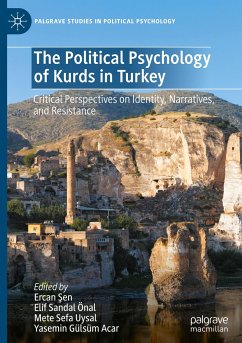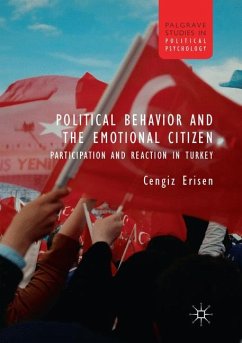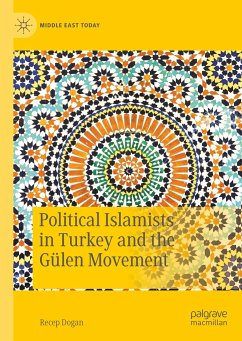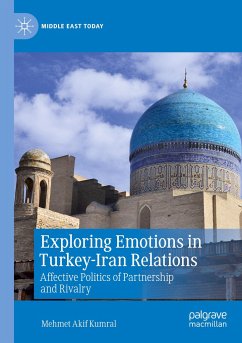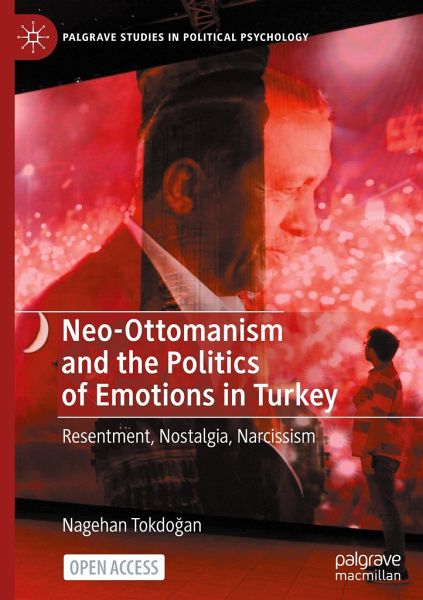
Neo-Ottomanism and the Politics of Emotions in Turkey
Resentment, Nostalgia, Narcissism
Übersetzung: William Day, John

PAYBACK Punkte
19 °P sammeln!
This open access book explores the politics of emotions under the ruling Justice and Development Party in Turkey and the leadership of President Recep Tayyip Erdogan. It examines how emotional politics and, particularly, the use of a Neo-Ottomanist narrative created a new national mood and contributed to the durability of Erdogan's rule. The author analyses the interactions between national narratives, symbolic politics and emotions. She argues that these interactions have formed the basis of Erdogan's popular support for more than 20 years. The book is a valuable resource for scholars of poli...
This open access book explores the politics of emotions under the ruling Justice and Development Party in Turkey and the leadership of President Recep Tayyip Erdogan. It examines how emotional politics and, particularly, the use of a Neo-Ottomanist narrative created a new national mood and contributed to the durability of Erdogan's rule. The author analyses the interactions between national narratives, symbolic politics and emotions. She argues that these interactions have formed the basis of Erdogan's popular support for more than 20 years. The book is a valuable resource for scholars of political science and sociology, as well as policymakers interested in the rise of authoritarianism in Turkey.





